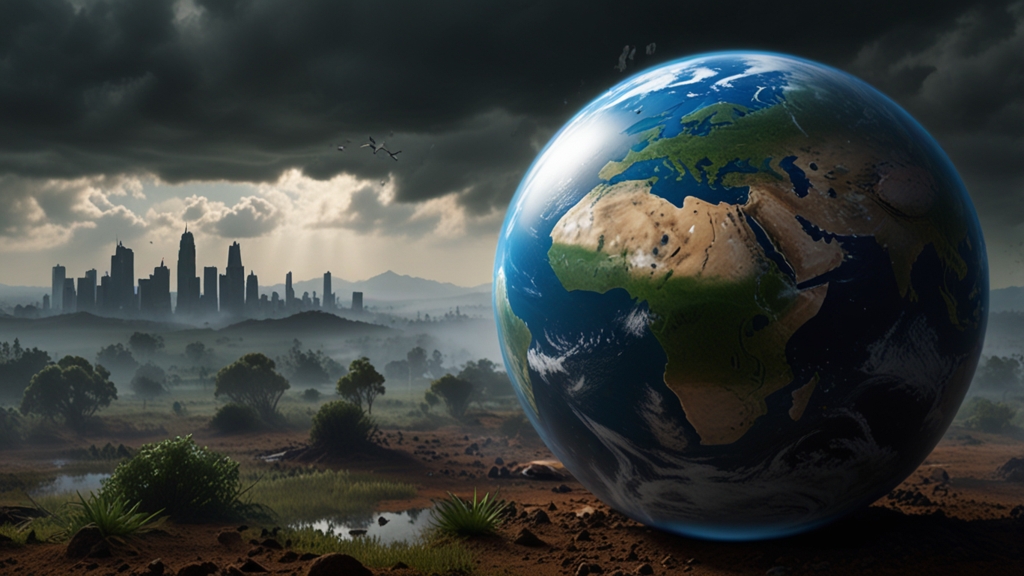Introduction
The modern era has brought with it numerous advancements and conveniences that have drastically changed the way we live. However, these advancements have also resulted in significant environmental degradation. As we continue to exploit natural resources and pollute our surroundings, the question of ethics in relation to the environment has taken center stage. How do we reconcile the needs of the present with the responsibility to preserve our planet for future generations?
The Ethical Imperative
Environmental ethics is a branch of philosophy that explores the moral relationship between human beings and the natural world. It asks us to consider whether nature has intrinsic value beyond its utility to human beings. This ethical imperative involves questioning the rightness or wrongness of our actions concerning the environment, urging us to adopt practices that are sustainable and respectful of all living beings.
Anthropocentrism vs. Ecocentrism
One of the central debates in environmental ethics is between anthropocentrism and ecocentrism. Anthropocentrism places human beings at the center of moral concern, valuing nature primarily for its usefulness to humans. On the other hand, ecocentrism argues that all components of the ecosystem have intrinsic value, irrespective of their utility to human beings. This shift from an anthropocentric to an ecocentric viewpoint encourages a more holistic approach to environmental conservation.
Sustainability and Responsibility
Sustainability is more than just a buzzword; it is a moral commitment to future generations. This involves adopting practices that meet our present needs without compromising the ability of future generations to meet theirs. The principles of sustainability call for us to not only consider economic benefits but also the social and environmental impact of our actions.
"We do not inherit the Earth from our ancestors; we borrow it from our children." — Native American Proverb
Corporate Responsibility
Corporations have a substantial impact on the environment, and with their immense resources, they also have the power to drive significant positive change. Ethical business practices involve more than merely complying with environmental regulations. They require companies to proactively take steps to reduce their carbon footprint, invest in renewable energy, and promote sustainability in their supply chains.
Governmental Role
Governments also play a crucial role in promoting environmental ethics. Through legislation and policy-making, governments can enforce regulations that limit pollution, protect endangered species, and encourage green technologies. Strong environmental policies are essential to hold individuals and corporations accountable and to ensure that ethical considerations are not overlooked in favor of short-term economic gains.
Individual Action
While large-scale efforts by corporations and governments are essential, individual actions collectively have a substantial impact on the environment. Simple actions like reducing waste, conserving water, opting for public transportation, and supporting sustainable products can contribute to a healthier planet. Personal responsibility and mindfulness in our daily actions can make a significant difference.
"The greatest threat to our planet is the belief that someone else will save it." — Robert Swan
Conclusion
The battle for our planet is not just a fight against environmental degradation; it is a moral and ethical struggle that demands a rethinking of our values and priorities. By embracing a more ethical approach to our interactions with the environment—whether through personal actions, corporate practices, or governmental policies—we can work towards a sustainable future. Only through a collective and ethically driven effort can we hope to preserve our planet for future generations.
"Earth provides enough to satisfy every man's needs, but not every man's greed." — Mahatma Gandhi









